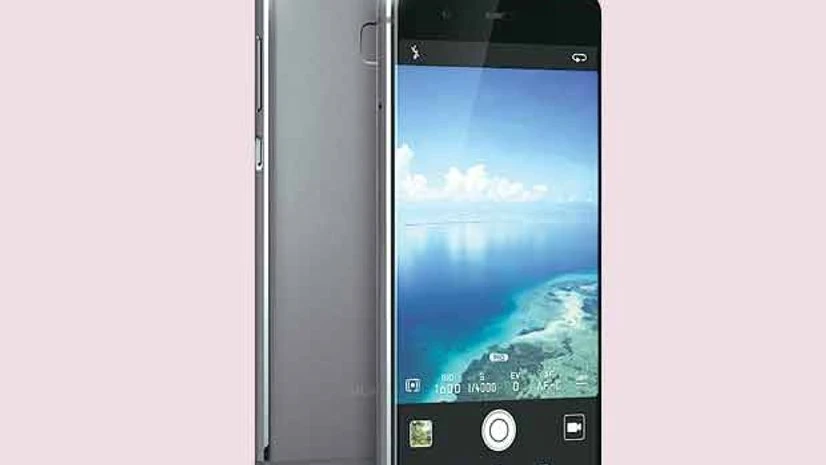Chinese handset manufacturers are gaining market share not just only in India. Three Chinese vendors — Huawei, Oppo and BBK Communication Equipment — together accounted for 21% of the smartphones sold to end users worldwide in the third quarter (Q) of 2016.
They were the only smartphone vendors in the global top five to increase their sales and market share during the quarter, according to Gartner.
"China led the growth in the smartphone market in the third quarter of 2016," said Anshul Gupta, research director at Gartner. "Sales of smartphones in China grew by 12.4%, and the vendors who most successfully exploited the sales opportunities there were Oppo and BBK Communication Equipment. In Oppo's case, 81% of its smartphone sales came from China, while BBK accounted for 89% of smartphones sales in China. These two vendors also grew strongly in India, Indonesia, Malaysia, Thailand and Russia," he added.
Global sales of smartphones to end users totaled 373 million units in the Q3 of 2016, a 5.4% increase over the Q3 of 2015. However, overall sales of mobile phones, fell by 1.3%, largely due to the declining popularity of feature phones.
Samsung had a good start to the quarter, but the battery problem that caused some Galaxy Note 7 smartphones to catch fire led to lower sales of the company's high-end and high-profile line of Note products. Samsung's smartphone sales in the Q3 as a whole declined 14.2% year-on-year, their worst performance ever. Samsung's previous worst performance for smartphone sales was a 12.3% drop in the Q4 of 2014.
"The decision to withdraw the Galaxy Note 7 was correct, but the damage to Samsung's brand will make it harder for the company to increase its smartphone sales in the short term," said Gupta. "For Samsung, it's crucial that the Galaxy S8 launches successfully, so that partners and customers regain trust in its brand."
More From This Section
Apple's iPhone sales continued to fall in the Q3, with a 6.6% y-o-y decline. Apple accounted for 11.5% of the global smartphone market, its lowest share since the Q1 of 2009. Apple's sales fell by 8.5% in the US and by 31% in China, two of its biggest markets. The iPhone 7 struggled to stimulate replacement sales.
Importantly, Huawei is closing the gap with Apple. In the Q3 of 2016, there was less than a three percentage point difference in the market share between them in the smartphone market. Highly competitive and feature-packed Honor devices maintained their sales momentum in markets around the world, with expansion into Europe and the US likely to help Huawei record another year of promising growth.
In the smartphone operating system market, Google's Android continued to capture market share from Apple's iOS, to command nearly 88% of the total market. "The withdrawal of Samsung's Galaxy Note 7 may benefit sales of Apple's iPhone 7 Plus only slightly, as Note 7 users are likely to stay with Samsung or at least with Android," said Roberta Cozza, research director at Gartner.
He adds, "To some extent, other Android vendors could capitalize on this situation in the short term, for example, Huawei and other Chinese brands present in the premium Android phone segment. The Note 7's withdrawal also comes at a good time for Google in mature markets, where it's Pixel and Pixel XL devices have started selling."

)
